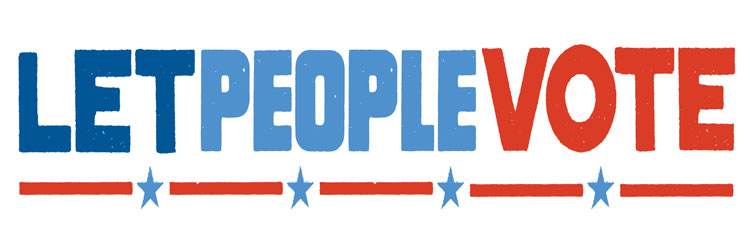
April 17, 2019; The Root and New York Times
While many people have been paying attention to Georgia, where voter suppression tactics employed by now-Governor Brian Kemp nullified tens of thousands of votes from Black citizens, Tennessee has been formulating its own not-so-subtle plan to maintain a white, conservative grip on political power.
The main gist of the plan is a bill that would essentially criminalize voter registration drives. State Representative Tim Rudd introduced House Bill 1079, which passed last week, and state Senator Ed Jackson introduced its companion, Senate Bill 0971, which hasn’t come up for a vote. In the name of “election integrity,” Tre Hargett, Tennessee’s secretary of state, in an op-ed penned last month in the Tennessean, identifies the main objectives of the bill:
- Requiring supplemental voter registration drives of 100 people or more to be conducted only by a person trained on how to properly complete applications and protect confidential information;
- Prohibiting organizations from paying individuals based on the number of voter registration forms submitted to the organization;
- Requiring applications collected by designated people or organizations to be filed in a timely manner, within 10 days of receiving the voter registration;
- Permitting the State Election Commission to assess a civil penalty to people or organizations that submit large numbers of deficient forms.
As Jay Connor of The Root asks, “Jim Crow, anyone?”
Connor’s reference to the Jim Crow era, when unreasonable requirements were imposed upon citizens of color to effectively ban them from voting, is apt. More broadly, efforts to “professionalize” democratic participation—to use language implying that one is only trying to improve it, to correct errors, to adhere to existing “norms”—is a strategy often used to box out grassroots movement activity.
Tequila Johnson, co-founder of Equity Alliance, noted that the bill “discourages people from volunteering in the Volunteer State.”
“We will get you out,” Johnson told Rep. Micah Van Huss, threatening those who voted in favor of the legislation with retribution. “We will come for your seats.”
Tennessee has indeed begun to see low-income voters and communities of color mobilize. In the 2018 midterm elections, Equity Alliance and Tennessee Black Voter Project registered 90,000 new voters of color. (There’s lots of room for improvement: Tennessee ranks 40th in voter registration and 45th in voter turnout.) Cliff Albright, co-founder of the Black Votes Matter Fund, wrote in the New York Times,
Sign up for our free newsletters
Subscribe to NPQ's newsletters to have our top stories delivered directly to your inbox.
By signing up, you agree to our privacy policy and terms of use, and to receive messages from NPQ and our partners.
These Republican lawmakers, led by Secretary of State Tre Hargett, fear the results of an expanding black electorate: victories for Democratic and progressive candidates. In Shelby County, for example, a blue wave flipped key positions like county mayor and sheriff and control of the county commission in August 2018. In Nashville, voters approved an important ballot initiative establishing a community oversight board for police accountability.
One of those newly elected officials is London Lamar, the youngest Black woman in the Tennessee house; she’s only 28. Like other young women who were elected in 2018, she is out of patience with incremental change when people’s lives are at stake. She told Anne Branigin,
I’m from a community that has been systematically disenfranchised for centuries. This is centuries of trying to push the needle forward in a state that still loves its Confederacy, even though it was built on the principles of keeping slavery, free labor, oppression.
I think we can do better.
That attitude, and the support it’s been met with by many Tennessee voters, doesn’t sit well with some of Lamar’s fellow legislators. Rudd’s bill passed the state house chamber 71–26. However, it also drew the largest crowd of protestors this year to the state capital. It seems no one is fooled by the talk of “protecting the process”; advocates like the Equity Alliance have successfully communicated the bill’s true intent (and mounted a campaign to challenge it).
The campaign has broad support from civil rights groups. The Lawyers’ Committee for Civil Rights Under Law published a letter from a coalition of state and national groups, including the Tennessee chapter of the NAACP and the League of Women Voters, condemning the bill and urging the legislature to reject it. The Campaign Legal Center published a longer letter explaining how the bill infringes up on First Amendment rights and pointing out that a similar effort in Florida was overturned in 2012 for exactly those reasons.
Voters of color are no stranger to efforts that would deprive them of their basic rights. These efforts are buttressed by narratives that normalize white supremacy in the guise of allegedly neutral legal niceties. The blatancy of Tennessee lawmakers’ latest effort demonstrates the power these narratives have and the sustained effort needed to dismantle them.—Erin Rubin












